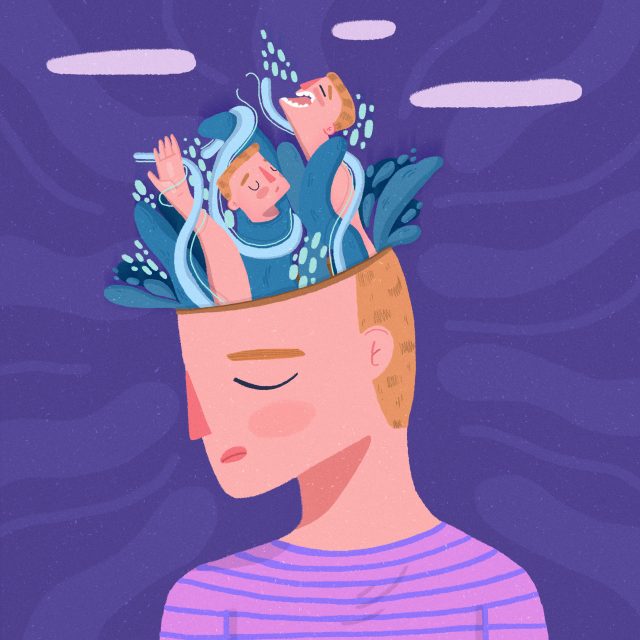The COVID-19 pandemic are entering in the second year, new fast-spreading variants have caused a surge in infections in many countries, and renewed lockdowns. The devastation of the pandemic — millions of deaths, economic strife and unprecedented curbs on social interaction — has already had a marked effect on people’s mental health. Researchers worldwide are investigating the causes and impacts of this stress, and some fear that the deterioration in mental health could linger long after the pandemic has subsided. Ultimately, scientists hope that they can use the mountains of data being collected in studies about mental health to link the impact of particular control measures to changes in people’s well-being, and to inform the management of future pandemics.
Fear and isolation
The distress in the pandemic probably stems from people’s limited social interactions, tensions among families in lockdown together and fear of illness. Disasters and public health emergencies, such as the one we are living through right now, can lead to significant disruptions and stress.
We have a real opportunity, a natural experiment, in how policies in different countries impact people’s mental health.
While most people will not develop psychiatric disorders as a result of the stressors related to the pandemic, it is natural for some to experience symptoms such as sleeplessness, anxiety, depressed mood, and feeling overwhelmed.
It is critical to pay special attention to how we are feeling and reacting to the situation and really focus on self-care.
Checking in with yourself on a daily basis is key. Ask yourself, ‘How am I feeling? Am I getting enough sleep? Am I feeling overwhelmed?’
If there is an area that needs to be addressed, identify the people or resources you can turn to.

This leads to the production of stress hormones that can cause distress in the body, as well as the mind. It may include increased heart rate; changes in respiration; muscle tension; irritability; disruptions in sleep, appetite, and concentration; and repetitive thoughts involving danger and helplessness.
Because each of us is in a different situation and our experiences and circumstances vary enormously, he says it may be helpful to identify what is bothering you the most (as opposed to trying to grapple with the pandemic as a whole).
One common problem we’re hearing about has been the loss of the normal routines of daily life. Major disruptions like this can undermine our normal capacities to regulate stress. Loss of social connection is another fear. Social connectedness is especially important because it can serve as a major protective factor when people are feeling most vulnerable.
Do you seek help ?
For some people, the stressful feelings will resolve on their own; others may want to seek support from a psychologist or other mental health provider.
But other people may find that their reactions persist and even grow worse.
You should consider seeking professional help if you find yourself overwhelmed by such symptoms as anxiety, exhaustion, fatigue, guilt, irritability, sleep problems, intrusive thoughts, and a reduced capacity to experience pleasure.
People who do not address their emotions in the short term could be putting themselves at risk for more serious potential long-term problems.
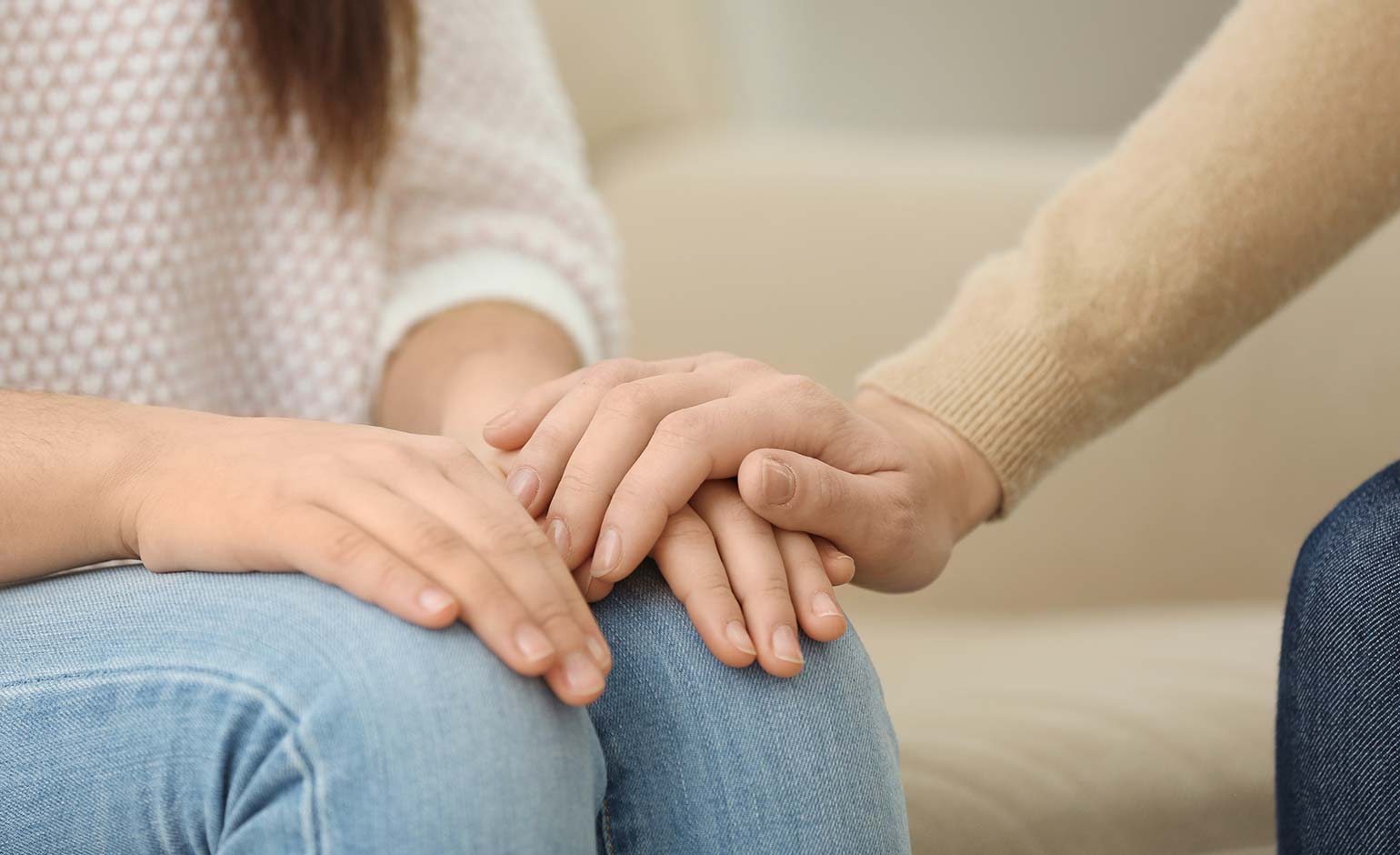
How you can control your emotions ?
What may be a surprising bit of advice on preventing long-term mental health issues is to allow yourself to fully experience your uncomfortable emotions, overwhelming as they may feel. It’s important to remain aware of your situation and—if you feel frightened—give yourself permission to feel that.
These are human emotions. They need to be out in the open. You can allow yourself to sit with uncomfortable feelings of being anxious, lonely, and fearful, and be compassionate to yourself in that moment.
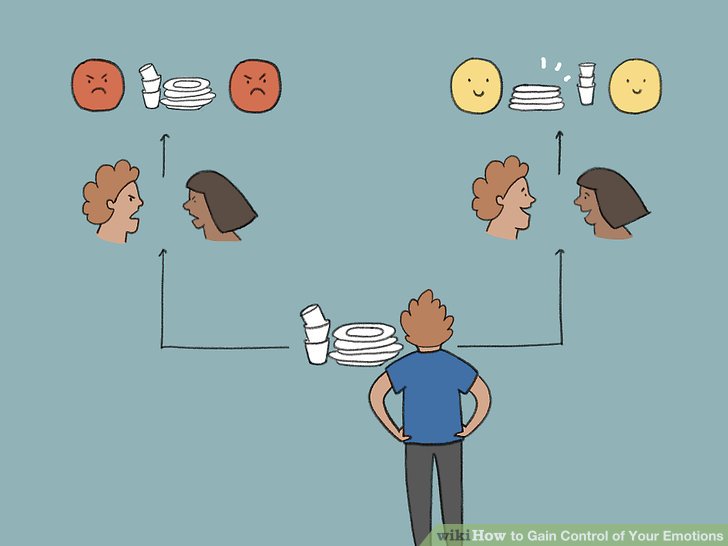
Activities that are good for both body and mind help to lay a foundation that can make it easier for people to manage uncomfortable emotions. You can follow these strategies:
– Control your exposure to the news:
I frequently suggested to my friends and people around me, that they limit the number of times they watched the news or followed social media related to the pandemic—no more than one hour per day or one newscast. The constant reminders and exposure perpetuate uncertainty leading to more unnecessary stress.
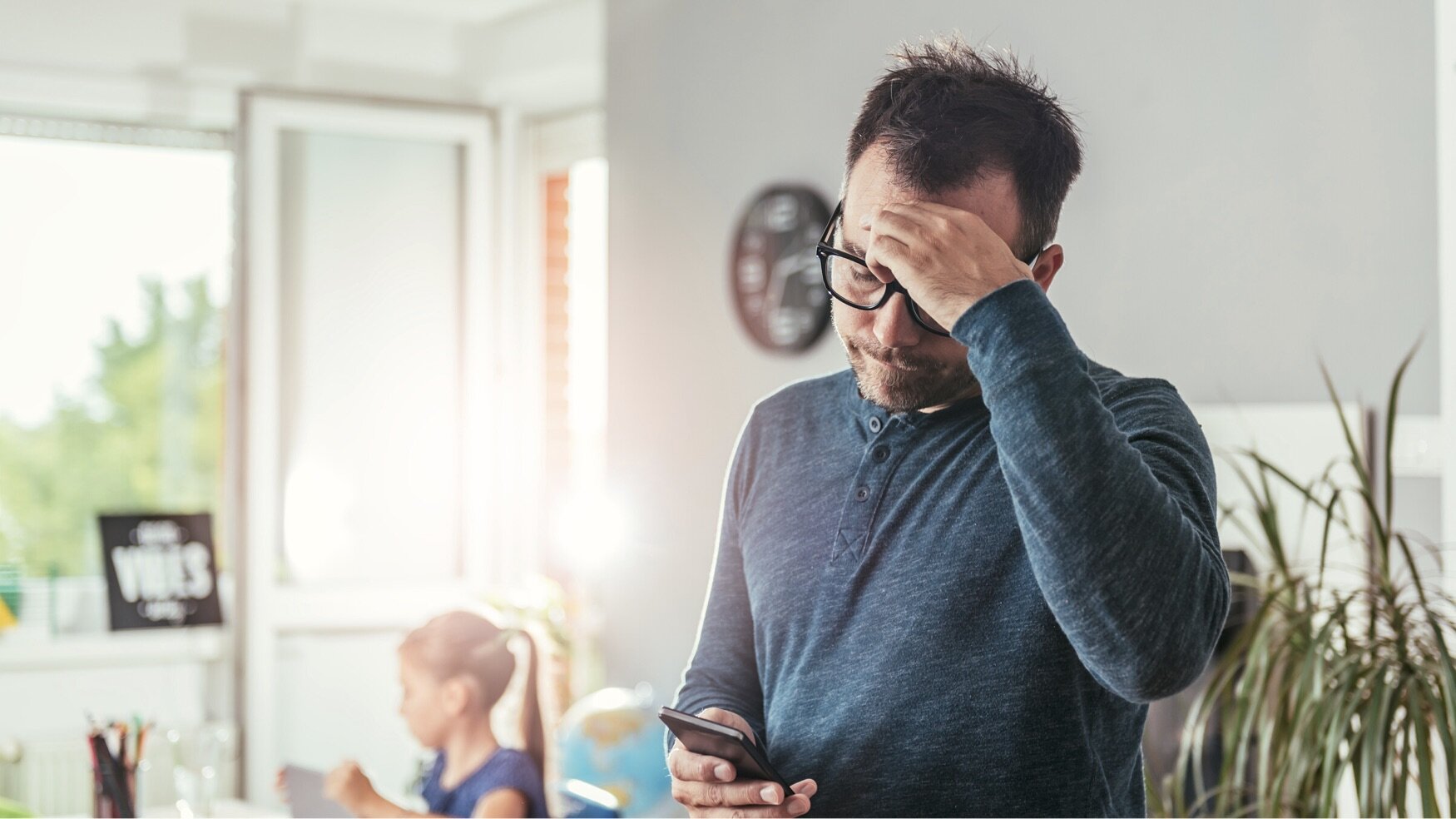
– Practice mindfulness:
This can be as simple as a 3- to 5-minute meditation each morning. Mindfulness meditation early in the day can lower levels of the stress hormone cortisol (which fuels the fight-or-flight instinct) when it is most elevated. Mindfulness quiets down those areas of the brain that are overly active and constantly firing over time. It can do wonders if it is practiced on a consistent basis.

– Exercise to strengthen the brain:
Any physical exercise helps, whether it’s yoga, walking, or something else, as long as you do it each day. The quantity is not nearly as important as the routine of doing it. I advise to create a routine, adapt if needs. And possibly adding other elements to strengthen its effects. I could talk for a half hour about the benefits of exercise as far as mood regulation. If you combine it with meditation, it’s a very powerful cocktail.

– Keep a daily journal:
Writing down the events of the day helps you to process them. I recommend to find a place where there are minimal distractions and writing as little or as much as you want, without judgment, ideally on a daily basis.

– Find ways to be social:
Visit people when you can maintain a safe social distance, make phone calls, or schedule Zoom visits. Send cards and emails. Look for a safe way to volunteer your time or help someone in your community (volunteer organizations may have precautions in place).

– Do something you enjoy:
Find positive outlets and ways to unwind, such as watching movies, cooking, reading, running, hiking, listening to music, or anything you enjoy. Finding something that allows you to decompress and not dwell on the current events is what matters.

– Get adequate sleep:
Sticking to a sleep schedule helps reset the body’s clock and supports falling and staying asleep. Consistent bedtime routines increase predictability and control. Avoid alcohol and caffeine before bed and focus on positive/calming thoughts before bed.
Everyone should be taking optimal care of their general health as well. Aspects of a healthy lifestyle, such as a healthy diet, exercise, and re-engaging in meaningful activities also facilitate resilience.
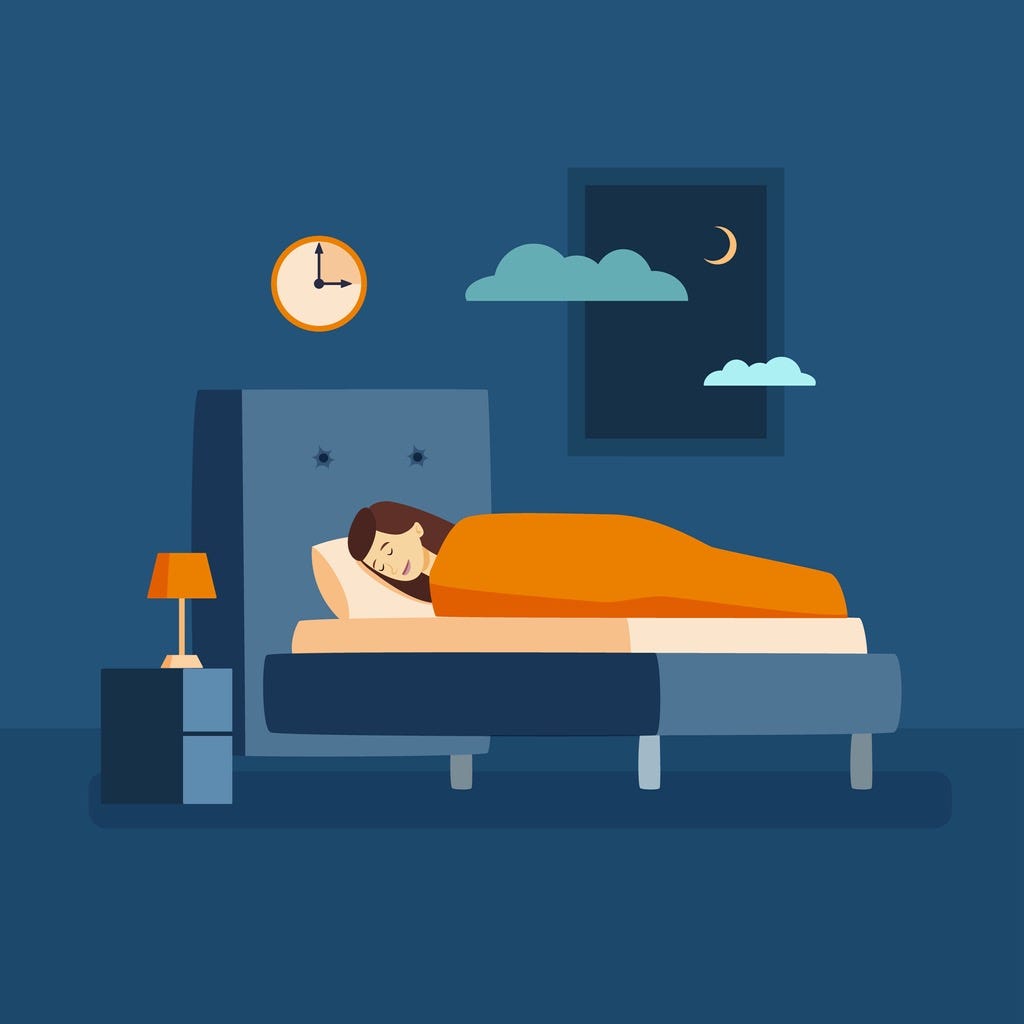
And Remember, you are not ALONE!

Carol Stoffella
The above article is written by Carol Stoffella-Wellness Chef,SPA & Consultancy.


